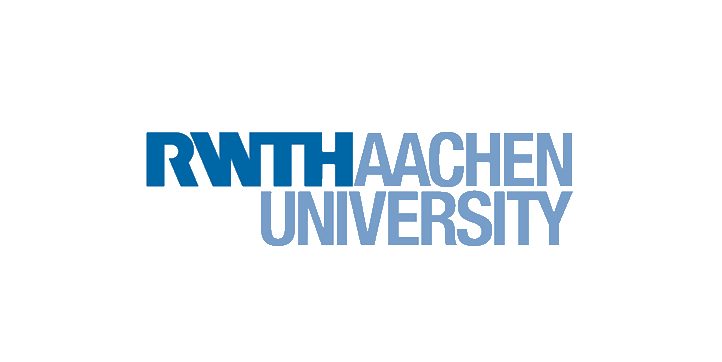RWTH: RWTH and university clinic start relief campaign for the Ukraine
RWTH Aachen University and the RWTH Aachen University Hospital want to help people in Ukraine. A fundraiser is intended to specifically support the medical staff in the local hospitals by providing them with urgently needed and currently scarce medicines as well as bandages and other medical aids. This specific measure was initiated by Professor Andrij Pich from the Institute for Technical and Macromolecular Chemistry at the RWTH and the DWI-Leibniz Institute for Interactive Materials.
Pich was born in Lviv, Ukraine, grew up there and studied chemistry in his homeland. At the age of 23 he moved to Dresden to do his doctorate, after a stay in Canada he has been working at the RWTH since 2009. The 46-year-old has spent half his life in Ukraine, his family and many friends live there. “When I see what is happening to my people right now, I am deeply shocked,” he says.
Pich has already been able to gain many supporters for the planned aid campaign at the RWTH. The management of the RWTH and the university clinic support them emphatically. A donation account was set up for the campaign “RWTH and university clinic help in the Ukraine”. “We don’t want to stand by and watch. We therefore ask for your help with donations to support the medical care of the sick and war victims in Ukraine,” explains the rectorate of the university.
There are a number of doctors in Pich’s family and circle of friends who work in the hospitals, mainly in Lviv, but also in Kyiv. They described to him the lack of bandages, antibiotics, anesthetics and other medical supplies caused by the war. The camps are empty because medicines and bandages for the treatment of the severely injured have been transported to the embattled east of the country. But the first wounded from the combat zones are also arriving in Lviv. The local doctors have drawn up lists of urgently needed material. “We know exactly what is needed locally. The medical staff there are sometimes empty-handed,” emphasizes Pich.
With the help of the donations for the campaign by the RWTH and the university clinic, the pharmacy of the university clinic is now procuring what is urgently needed in the Ukrainian clinics. “We use a humanitarian sign and use donations in a targeted manner,” emphasizes RWTH Rector Ulrich Rüdiger for the Rectorate of RWTH.
Pich will accompany the aid transport himself to the Polish-Ukrainian border. There, his friends and relatives take over and bring the goods to the local hospitals.

